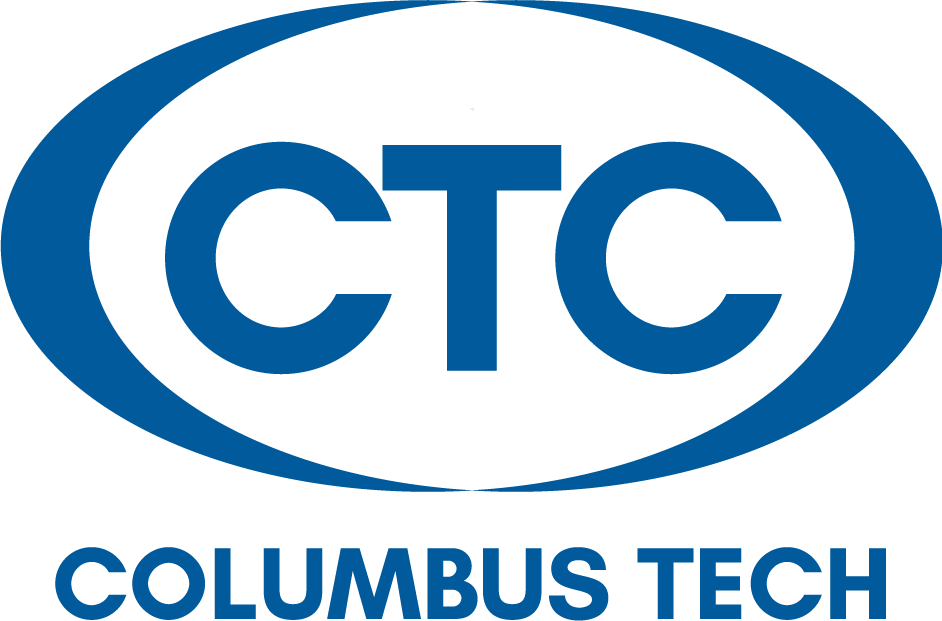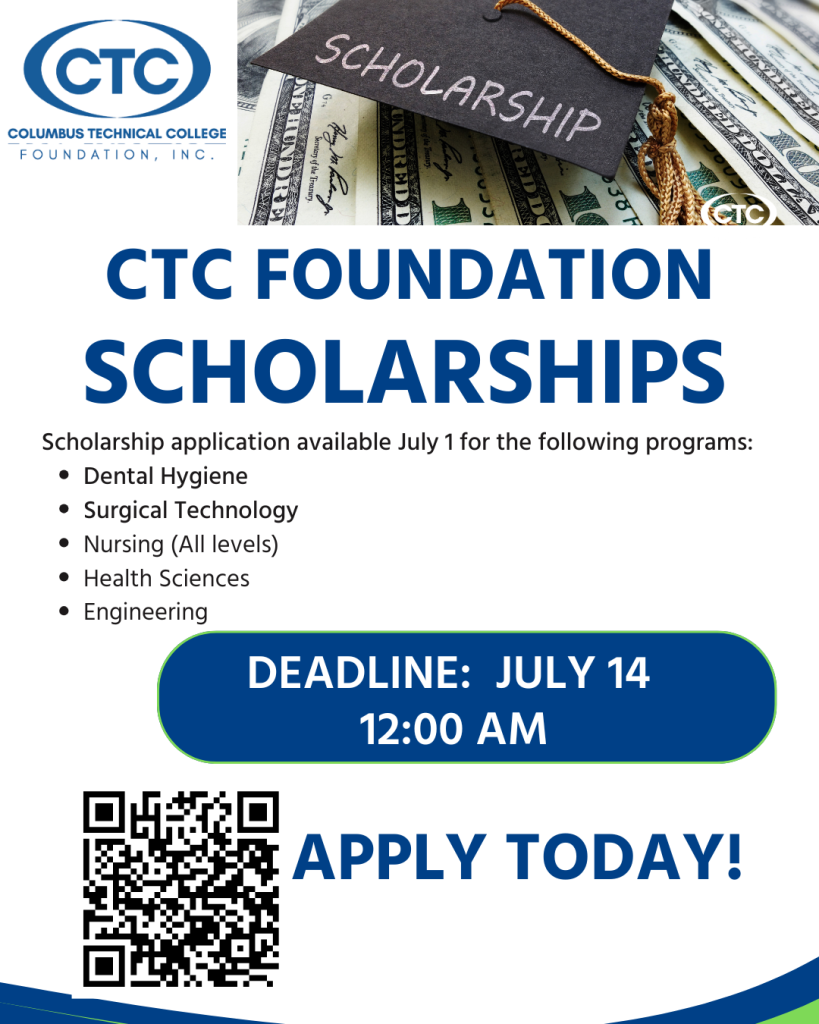Disability Services
Students who request accommodations to courses or activities, should provide appropriate documentation of their disability to the Disability Services office. If the accommodation is justified by the documentation and is reasonable for the College to provide, the Disability Services office will work with the student and the College personnel to facilitate the accommodation. The documentation and request for accommodations should be submitted as early as possible. All documentation provided to the Disability Services office will be kept confidential. Providing services to student with disabilities may vary depending on the type and nature of the disability.
Accommodations (by student request) include, but are not limited to:
- Interpreter services for the deaf or hearing impaired (advance notice is required)
- Visual aids
- Assistive Technology
- Assistance with registration
- Voice recorders and batteries for use in classrooms
- Extended testing time
- Textbook in alternative format
- Braille Services
Frequently Asked Questions
How is a disability defined?
According to ADA (Americans w/Disabilities Act), “Disability” is defined as:
(1) a physical or mental impairment that substantially limits one or more major life activities of the individual;
(2) a record of a substantially limiting impairment or;
(3) being regarded as having a substantially limiting impairment.
Are there accommodations for students with disabilities?
Yes. An advisor is available to help provide reasonable accommodations for any student with a disability, whether or not the disability is obvious or hidden (as defined by ADA). In order to offer the best possible support, those with disabilities are strongly encouraged to contact Student Disability Services (SDS) before deciding upon a program area. Vocational Rehabilitation (VR) and the Veteran’s Administration are two certifying agencies which work very closely with Student Disability Services at CTC.
How may I obtain professional documentation of my disability?
Professional documentation may be obtained through various sources. (1) Vocational Rehabilitation (2) Veterans Readiness and Employment(formally DAV [VA/VR] ) (3) a private physician or agency, Psychological Evaluation. Individual Evaluation Plans (IEPs) are acceptable for evaluation purposes ONLY. Documentation must be current (within the last 3 years). Student will receive one semester waiver on documentation with the understanding that SDS will need documentation prior to the next semester to provide services.
What is vocational rehabilitation, and how may I apply for services?
Vocational Rehabilitation (VR) is a federal/state agency under the Department of Labor. The main objective of VR is to help otherwise qualified persons with disabilities join or rejoin the workforce. Services include:
- Guidance counseling
- Vocational evaluation
- Job replacement
Persons with disabilities (physical, mental or emotional) may apply for services by visiting the VR Office and completing an application. Eligibility presently requires a permanent, severely disabling condition. If eligible, VR may provide financial sponsorship for training; however, clients are required to apply for the Pell Grant or Hope Grant first.
Is there special parking for students with disabilities?
Persons requiring handicap parking privileges must obtain state authorized handicap parking permits. Such permits may be obtained through the Driver’s License Bureau.
High School and College for Students with Disabilities: Key Differences
| High School | College |
| Laws | |
| Individuals with Disabilities Education Act (IDEA) | Americans with Disabilities Act of 1990 (ADA), Title II |
| Section 504 Subpart E of the Rehabilitation Act | |
| IDEA is about SUCCESS in school | ADA and 504 are about ACCESS, success is up to the student |
Required Documentation
| High School | College |
| Individualized Education Program (IEP) and/or 504 Plan | High school IEP and 504 Plans expire after high school and are not sufficient. Documentation guidelines specify information needed for each category or disability |
| School provides evaluation at no cost | Students must get evaluation at their own expense |
| Documentation focuses on determining if student is eligible for services under one or more disability categories in IDEA | Documentation must provide information on specific functional limitations and demonstrate the need for specific accommodations |
Self-Advocacy
| High School | College |
| School staff identify the student as having a disability | Student must self-identify to Disability Support Services staff |
| School staff has primary responsibility for arranging accommodations. | Student has responsibility for self-advocacy and arranging accommodations with staff of Student Support Services |
| Teachers approach you if they believe you need assistance. | Professors can be open and helpful, but most expect students to initiate contact at the start of the semester |
Parental Role
| High School | College |
| Parent has access to student records and can participate in the accommodation process | Parent does not have access to student records and cannot represent the student without the student’s written consent |
| Parent advocates for the student | Student advocates for self |
Instruction
| High School | College |
| Teachers may modify curriculum and alter assignments as outlined in IEP | Professors are not required to modify design or alter assignment deadlines |
| Students are expected to read short assignments that are discussed and often re-taught in class | Students are assigned substantial amounts of reading and writing which may not be directly addressed in class |
| Students seldom need to read assignments more than once, often listening in class is enough | Students need to regularly review class notes and text material |
Grades and Tests
| High School | College |
| IEP or 504 plan may include modifications to test format or grading | Grading and test format changes (e.g.., multiple choice vs. essay) are generally not available. Accommodations in HOW tests are given (e.g., extended time, test proctors) are available when supported by disability documentation. |
| Testing frequently covers only small amounts of material | Testing is generally periodic and may be cumulative, covering large amounts of material |
| Makeup tests are usually available | Makeup tests are seldom an option; if they are, students are responsible for requesting them in advance |
| Teachers often take time to remind students of assignments and due dates | Professors expect students to read, save, and consult the course syllabus that describes course expectations, assignments and grading scale |
Study Responsibilities
| High School | College |
| Tutoring and study support may be a service provided as part of an IEP or 504 plan | Tutoring DOES NOT fall under Disability Services. Students with disabilities must seek out tutoring resources available to all college students. |
| School staff often structure students’ time and expected assignments | Students structure their own time and assignments |
| Students may study outside class for as little as 0 to 2 hours a week and this may be mostly last-minute test preparation | Students usually need to study at least 2 to 3 hours for each hour in class Students manage their own time and complete assignments independently |
General Differences
Those occupations or fields of work, including careers in computer science, technology and other emerging high skill occupations, for which individuals from one gender comprise less than 25% of the individuals employed in each such occupation for field of work. Particularly those for women, are likely to make up a majority of these occupation. These are considered “High Skill”,” High Wage” and” High Demand.” Examples: females in Welding or males in Diagnostic Medical Sonography.
Student Disability Services Staff Members
Olive Vidal-Kendall, Director
ADA/504 Coordinator
(706) 649–1442
ovidal-kendall@columbustech.edu


